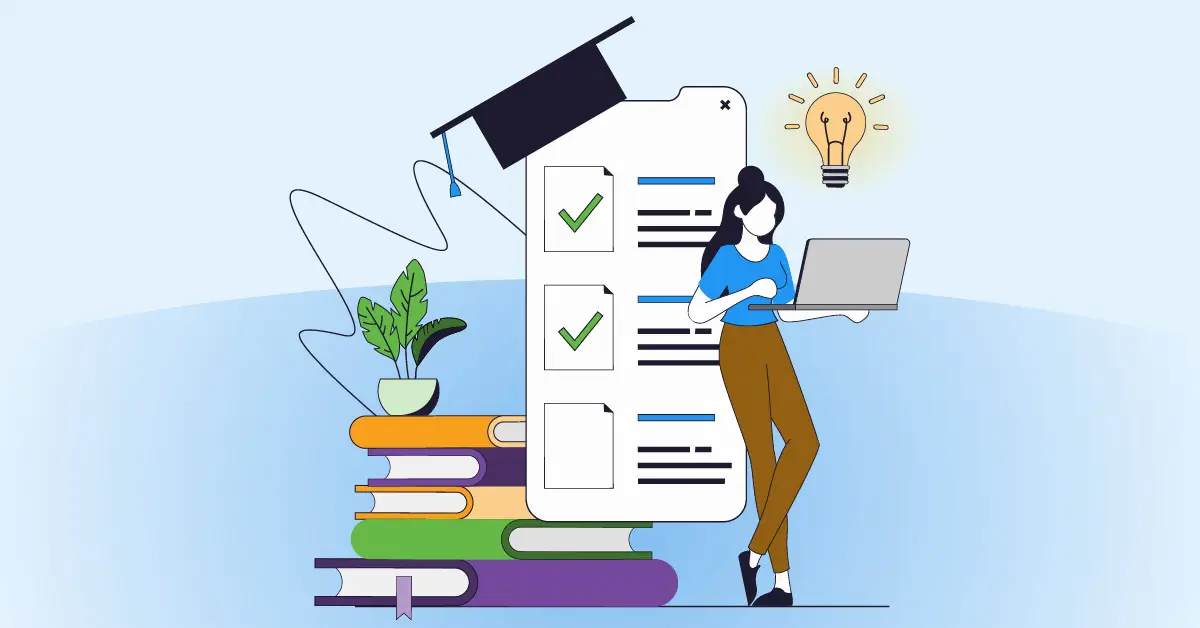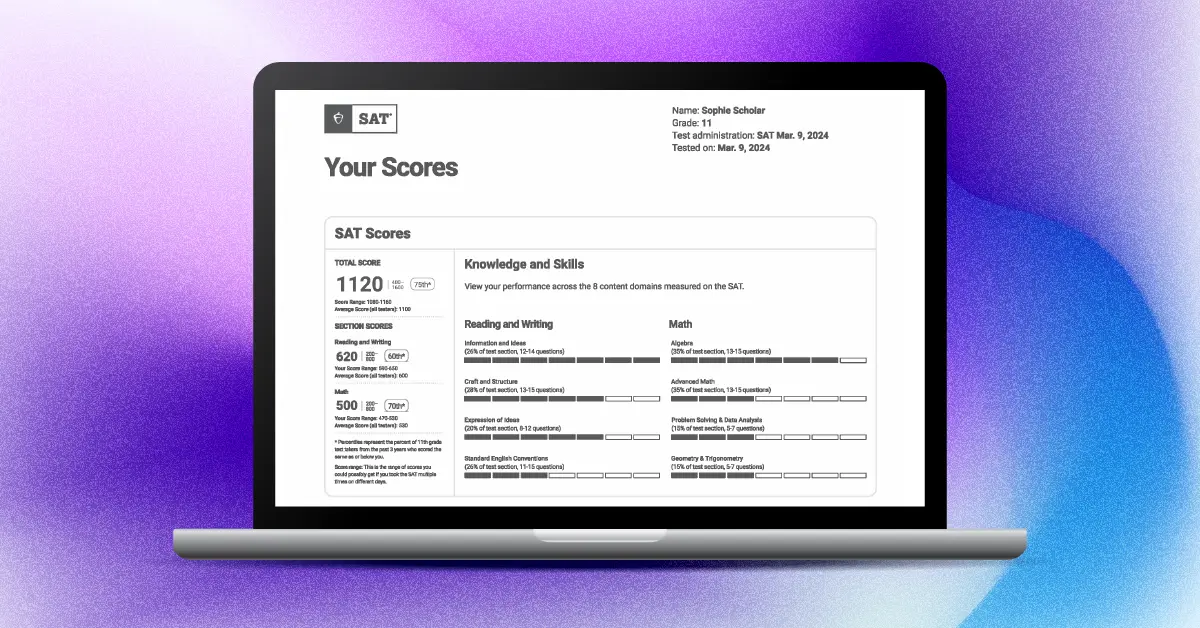Important SAT Update: Transition to Digital SAT
Effective December 3, 2023, the traditional paper-and-pencil format of the SAT has been discontinued. Starting in 2024, all students are required to take the Digital SAT, ushering in substantial changes in duration, format, material coverage, and question types. This shift to the Digital SAT represents a departure from traditional testing methods. It is crucial for students, educators, and test-takers to acquaint themselves with the new examination structure. Read more about the Digital SAT here.
Reading a wide range of books is a great way to prepare for the reading section of the SAT® exam. If you can make a habit of reading as much as possible, you are sure to boost your performance in this section.
As you prepare for the reading section, consider adding these books to your reading list. The College Board® has an extensive list of 102 books that they suggest reading.
Here are our top picks for you:
- Anonymous: Beowulf
- Achebe, Chinua: Things Fall Apart
- Austen, Jane: Pride and Prejudice
- Baldwin, James: Go Tell It on the Mountain
- Beckett, Samuel: Waiting for Godot
- Bronte, Charlotte: Jane Eyre
- Bronte, Emily: Wuthering Heights
- Cervantes, Miguel: Don Quixote
- Chekhov, Anton: The Cherry Orchard
- Chopin, Kate: The Awakening
- Conrad, Joseph: Heart of Darkness
- Crane, Stephen: The Red Badge of Courage
- Dickens, Charles: A Tale of Two Cities
- Dostoyevsky, Fyodor: Crime and Punishment
- Douglass, Frederick: Narrative of the Life of Frederick Douglass
- Ellison, Ralph: Invisible Man
- Emerson, Ralph Waldo: Selected Essays
- Faulkner, William: The Sound and the Fury
- Fitzgerald, F. Scott The Great Gatsby
- Hardy, Thomas: Tess of the d’Urbervilles
- Hawthorne, Nathaniel: The Scarlet Letter
- Heller, Joseph: Catch 22
- Hemingway, Ernest: A Farewell to Arms
- Homer: The Iliad
- Hurston, Zora Neale: Their Eyes Were Watching God
- Huxley, Aldous: Brave New World
- Ibsen, Henrik: A Doll’s House
- James, Henry: The Portrait of a Lady
- Kafka, Franz: The Metamorphosis
- Kingston, Maxine Hong: The Woman Warrior
- Lee, Harper: To Kill a Mockingbird
- London, Jack: The Call of the Wild
- Marquez, Gabriel Garcia: One Hundred Years of Solitude
- Melville, Herman: Moby Dick
- Miller, Arthur: The Crucible
- Morrison, Toni: Beloved
- Plath, Sylvia: The Bell Jar
- Remarque, Erich Maria: All Quiet on the Western Front
- Salinger, J.D.: The Catcher in the Rye
- Shakespeare, William: Hamlet
- Shakespeare, William: Macbeth
- Shakespeare, William: A Midsummer Night’s Dream
- Shakespeare, William: Romeo and Juliet
- Shaw, George Bernard: Pygmalion Journey into Night
- Orwell, George: 1984
- Shelley, Mary: Frankenstein
- Silko, Leslie: Marmon Ceremony
- Sophocles: Antigone
- Steinbeck, John: The Grapes of Wrath
- Stowe, Harriet Beecher: Uncle Tom’s Cabin
- Thoreau, Henry David: Walden
- Tolstoy, Leo: War and Peace
- Twain, Mark: The Adventures of Huckleberry Finn
- Voltaire: Candide
- Vonnegut, Kurt Jr.: Slaughterhouse-Five
- Walker, Alice: The Color Purple
- Whitman, Walt: Leaves of Grass
- Wilde, Oscar: The Picture of Dorian Gray
- Woolf, Virginia: To the Lighthouse
- Wright, Richard: Native Son
Remember, the reading section of the SAT test examines your skills with finding evidence, pinpointing how the author uses evidence to support claims, making connections between graphics and passages, using contexts to decipher the meaning of words, and reflecting on how word choice impacts the text. As you read some of these books in preparation, read actively to refine your skills. Try to pick a few from different genres, disciplines, or eras to become comfortable with the wide range of texts you will encounter on test day. Adding this kind of active reading to your daily routine can make an impact on your scores. Track your performance and improvements using UWorld’s SAT Prep course, with thousands of sample questions and practice exams to prepare you for test day!




